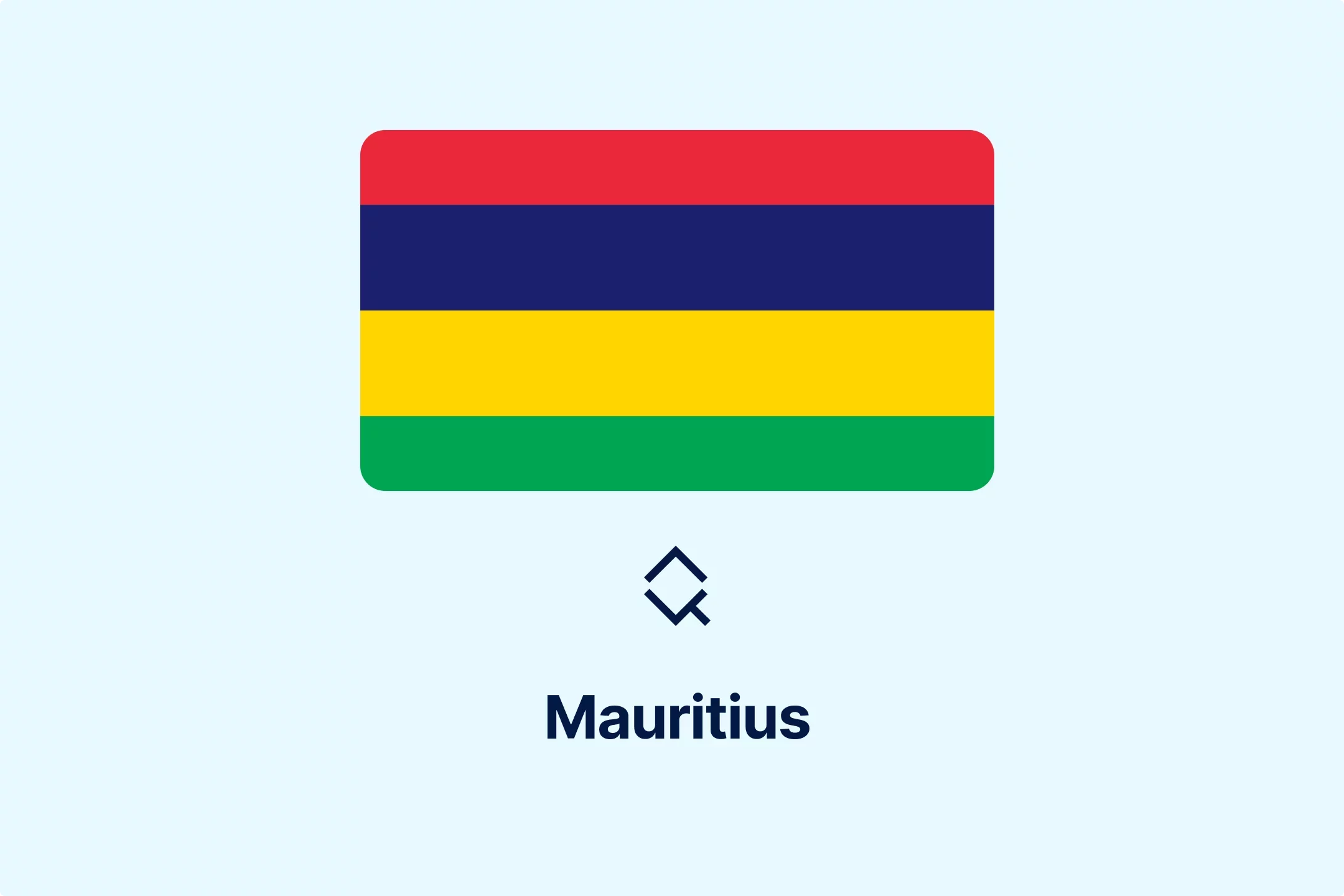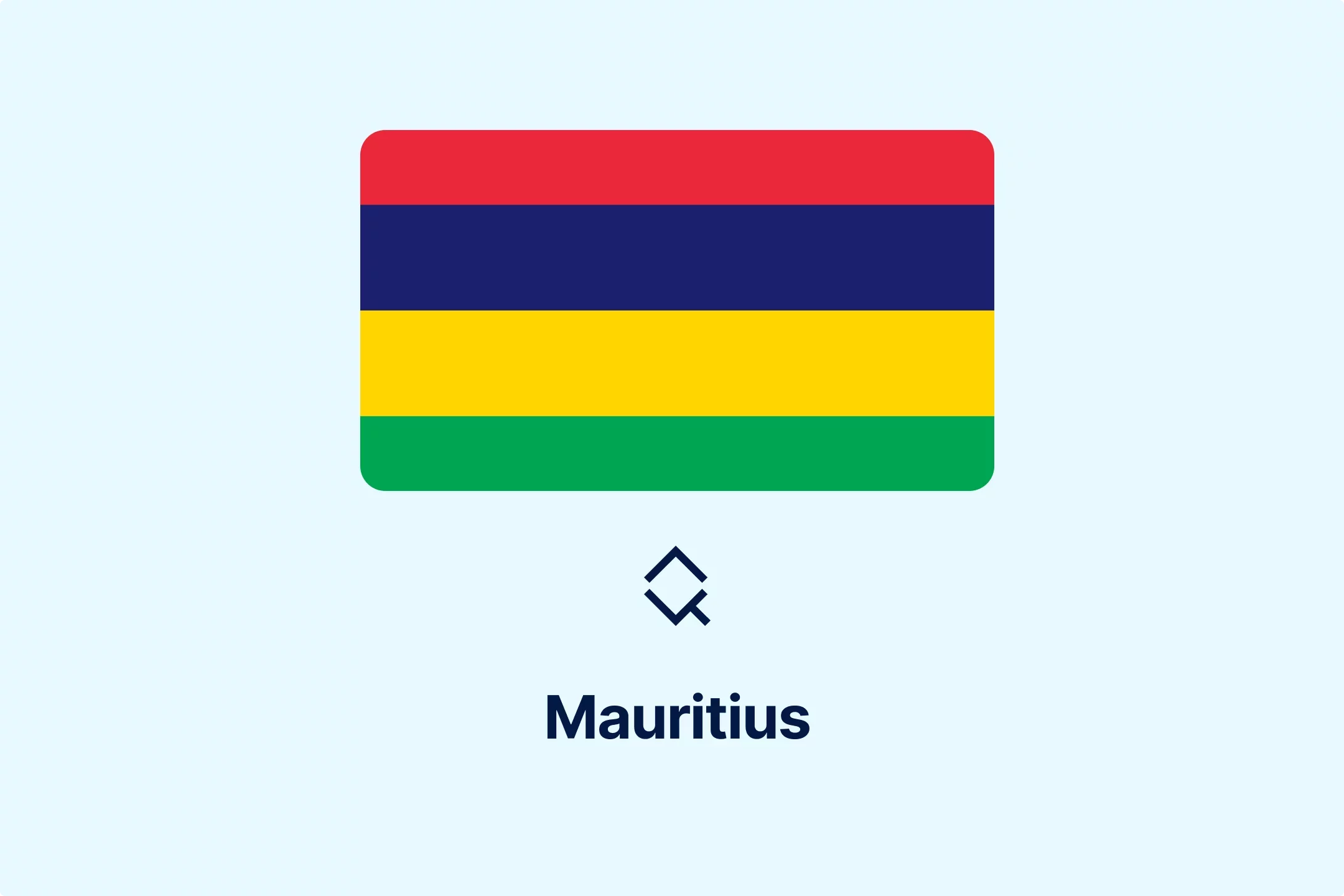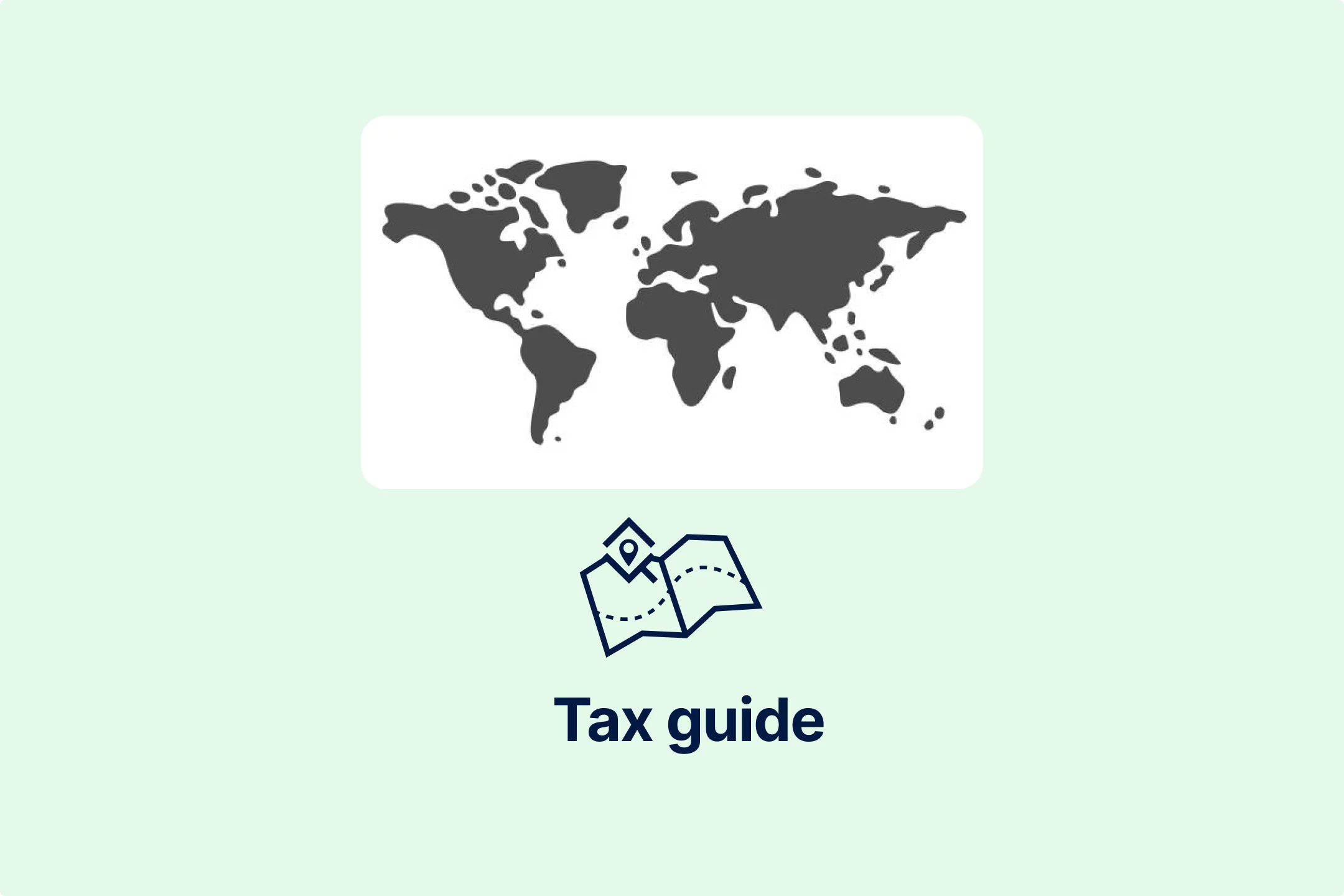Input VAT Denied: Noodle Express Loses Key Tax Case

The Mauritius Supreme Court published the decision in the case between the Mauritius Revenue Authority (MRA) and Noodle Express, a subsidiary of a UK-based company, Hyper Food Ltd, that sells fast food at food courts in several shopping malls in the country. The case, which ultimately became known as the Noodle Express case, revolves around the right to claim input VAT.
Background of the Case and Supreme Court Decision
The Noodle Express claimed that the input tax on the leases was arranged through its parent company, Hyper Food. Moreover, the rent was paid by Hyper Food and subsequently recharged to Noodle Express. As a result, the Noodle Express argued that the leased spaces were used for its business and that Hyper Food acted merely as an intermediary, so Noodle Express should be entitled to the input tax despite invoices being issued to Hyper Food.
The MRA declined the request, stating that input tax credit is only allowed when invoices are issued in the claimant’s name, and Hyper Food had the opportunity to amend its VAT return but did not do so. Upon appeal, the Assessment Review Committee sided with Noodle Express, applying a substance-over-form approach. Consequently, the MRA appealed before the Supreme Court, which, on October 28, 2025, ruled in favour of the MRA, rejecting Noodle Express’s input tax claim.
In its decision, the Supreme Court adopted a form-over-substance approach and held that VAT invoices must reflect the legal recipient and specify the relevant property and VAT amounts. Therefore, since invoices were not issued in Noodle Express's name and did not include details on the actual property or the amount of VAT charged, Noodle Express does not have the right to input tax.
Moreover, the Supreme Court determined that there were two legal arrangements. The first is for the leased space between Hyper Food and Ascencia, and the second is a sublease between Hyper Food and its subsidiaries, including Noodle Express.
Conclusion
With its decision, the Supreme Court underlined that, in Mauritius, legal form and proper invoicing are essential for VAT claims, even where the economic substance supports the claim. Additionally, this ruling serves as a warning to companies using intercompany arrangements operating in Mauritius that correct documentation is crucial to preserve input tax rights.
Source: PwC

More News from Mauritius
Get real-time updates and developments from around the world, keeping you informed and prepared.
-e9lcpxl5nq.webp)







